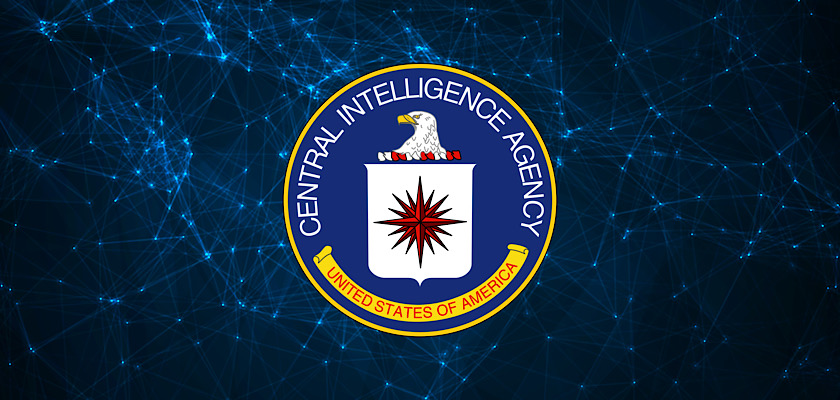The director of the Spanish security firm Undercover Global S. L., which was hired to protect the Ecuadorian embassy while Julian Assange was living there, is being investigated by Spain’s High Court for allegedly handing over audio and video of Assange’s meetings with his lawyers to the US Central Intelligence Agency (CIA).
According to a report from EL PAÍS, the investigation into the company’s director David Morales and the activities of his company began after Assange filed a criminal complaint accusing Morales and his company of violating his privacy and the secrecy of his client-attorney privileges. The probe reportedly started a few weeks after EL PAÍS published audio and video in April showing how Undercover Global S. L. was spying on the meetings Assange held in the embassy.
EL PAÍS report says that Morales told a number of his employees, verbally and in writing, that he also worked “for the Americans,” despite being hired by the Ecuadorian government. He reportedly made his first American contacts while attending a security fair in Las Vegas in 2015. The report also claims that Morales asked his employees to keep his relationship with US intelligence services secret multiple times.
Additionally, the report alleges that Morales ordered a meeting between Rommy Vallejo, the head of the Ecuadorian secret service, and Assange to be spied on. This December 21, 2017 meeting took place at a time when they were planning a possible exit of Assange from the Ecuadorian embassy to another country through the use of a diplomatic passport – a plan which was ultimately rejected by Assange according to EL PAÍS. The report adds that hours after the meeting took place, the US ambassador told Ecuadorian authorities about the plan and then the US issued an international arrest warrant for Assange the next day (December 22, 2017).
EL PAÍS adds that Morales also ordered his workers to:
- Install an external streaming access point in December 2017 which gave the US instant access to all of the recordings
- Install microphones in the embassy’s fire extinguishers and the women’s bathroom – a location where Assange’s lawyers and closest collaborators would often meet because of fears that they were being spied on
- Install microphones in some of the decorative elements inside the embassy
- Install stickers that prevented the windows of the rooms from vibrating – a move that allegedly made it easier for the CIA to record conversations via laser microphones
- Take a used diaper from a baby that was sometimes taken to visit Assange to determine whether the child was his
In addition to this, Morales reportedly planned to install microphones in Assange’s room but some of the workers raised concerns over the illegality of this and warned that they could be discovered.
Assange lived in the Ecuadorian embassy from August 2012 until April 2019 when he was arrested by London police for skipping bail after Ecuador withdrew his diplomatic asylum. He has served his jail term for skipping bail but is still being held over fears that he may abscond before his extradition hearing in February 2020. Critics have raised concerns that the US attempts to indict and extradite Assange are an attack on standard investigative journalistic practices.






















